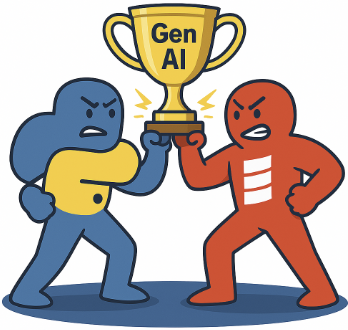
"The rapid transformation brought by Generative AI (GenAI) is largely due to Large Language Models (LLMs) that understand and generate human-like text, requiring a robust technology stack for application deployment."
"Python's dominance in AI stems from its vast ecosystem and libraries, enabling rapid prototyping while being the leader in deep learning frameworks such as PyTorch and TensorFlow."
"Although Python excels in AI development, it faces performance bottlenecks in production environments due to its interpreted nature, resulting in slower execution speeds compared to compiled languages."
"Scala complements Python’s strengths by providing capabilities that enhance reliability, scalability, and maintainability in production environments, especially for applications that demand high performance."
Generative AI is transforming technology interactions through Large Language Models that generate human-like text. A strong GenAI Stack is essential for building applications utilizing these models. Python is the leading language for AI and Machine Learning, known for its extensive libraries, ease of use, and dominance in deep learning frameworks. However, it has limitations in production environments, notably speed and reliability. In contrast, Scala addresses these challenges, enhancing reliability, scalability, and maintainability, making it a valuable complement to Python in high-performance production scenarios.
Read at Medium
Unable to calculate read time
Collection
[
|
...
]